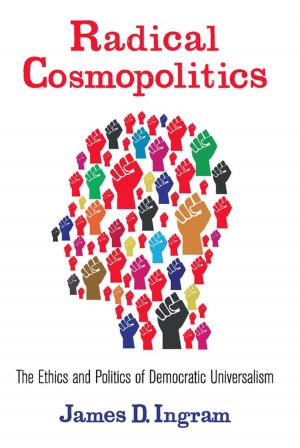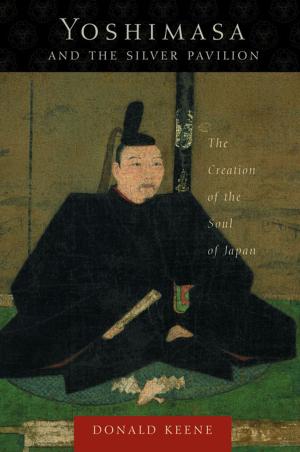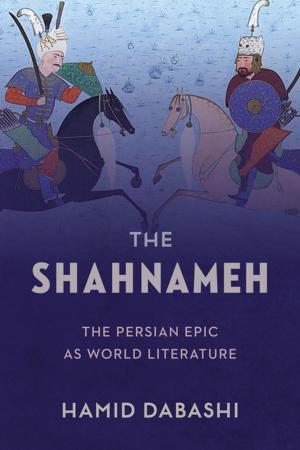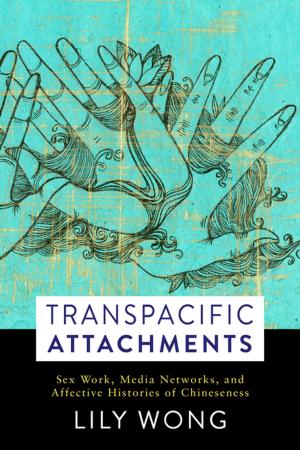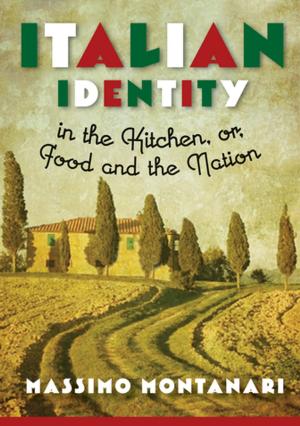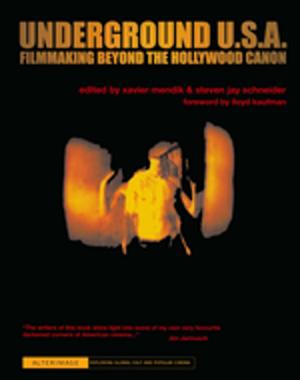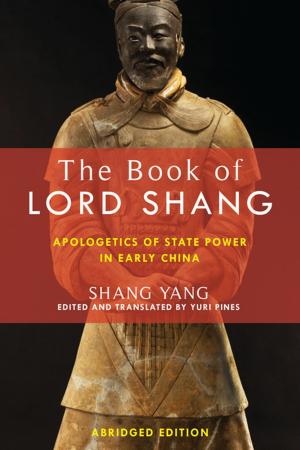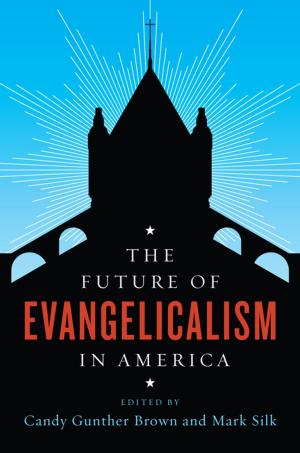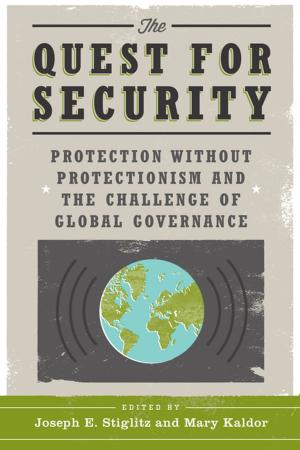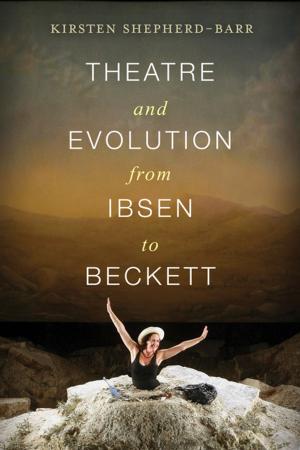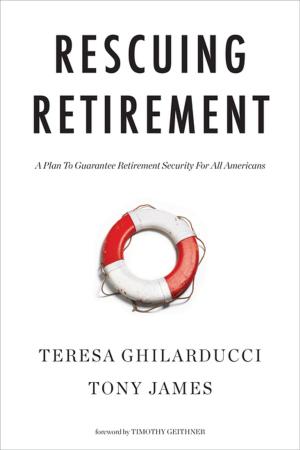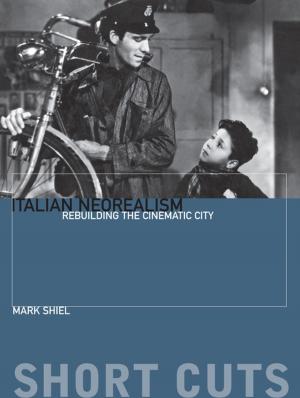Finding Wisdom in East Asian Classics
Fiction & Literature, Literary Theory & Criticism, Asian, Nonfiction, History, Asia, Religion & Spirituality, Philosophy| Author: | ISBN: | 9780231527194 | |
| Publisher: | Columbia University Press | Publication: | August 2, 2011 |
| Imprint: | Columbia University Press | Language: | English |
| Author: | |
| ISBN: | 9780231527194 |
| Publisher: | Columbia University Press |
| Publication: | August 2, 2011 |
| Imprint: | Columbia University Press |
| Language: | English |
Finding Wisdom in East Asian Classics is an essential, all-access guide to the core texts of East Asian civilization and culture. Essays address frequently read, foundational texts in Chinese, Japanese, Korean, and Vietnamese, as well as early modern fictional classics and nonfiction works of the seventeenth century. Building strong links between these writings and the critical traditions of Confucianism, Buddhism, and Daoism, this volume shows the vital role of the classics in the shaping of Asian history and in the development of the humanities at large.
Wm. Theodore de Bary focuses on texts that have survived for centuries, if not millennia, through avid questioning and contestation. Recognized as perennial reflections on life and society, these works represent diverse historical periods and cultures and include the Analects of Confucius, Mencius, Laozi, Xunxi, the Lotus Sutra, Tang poetry, the Pillow Book, The Tale of Genji, and the writings of Chikamatsu and Kaibara Ekken. Contributors explain the core and most commonly understood aspects of these works and how they operate within their traditions. They trace their reach and reinvention throughout history and their ongoing relevance in modern life.
With fresh interpretations of familiar readings, these essays inspire renewed appreciation and examination. In the case of some classics open to multiple interpretations, de Bary chooses two complementary essays from different contributors. Expanding on debates concerning the challenges of teaching classics in the twenty-first century, several pieces speak to the value of Asia in the core curriculum. Indispensable for early scholarship on Asia and the evolution of global civilization, Finding Wisdom in East Asian Classics helps one master the major texts of human thought.
Finding Wisdom in East Asian Classics is an essential, all-access guide to the core texts of East Asian civilization and culture. Essays address frequently read, foundational texts in Chinese, Japanese, Korean, and Vietnamese, as well as early modern fictional classics and nonfiction works of the seventeenth century. Building strong links between these writings and the critical traditions of Confucianism, Buddhism, and Daoism, this volume shows the vital role of the classics in the shaping of Asian history and in the development of the humanities at large.
Wm. Theodore de Bary focuses on texts that have survived for centuries, if not millennia, through avid questioning and contestation. Recognized as perennial reflections on life and society, these works represent diverse historical periods and cultures and include the Analects of Confucius, Mencius, Laozi, Xunxi, the Lotus Sutra, Tang poetry, the Pillow Book, The Tale of Genji, and the writings of Chikamatsu and Kaibara Ekken. Contributors explain the core and most commonly understood aspects of these works and how they operate within their traditions. They trace their reach and reinvention throughout history and their ongoing relevance in modern life.
With fresh interpretations of familiar readings, these essays inspire renewed appreciation and examination. In the case of some classics open to multiple interpretations, de Bary chooses two complementary essays from different contributors. Expanding on debates concerning the challenges of teaching classics in the twenty-first century, several pieces speak to the value of Asia in the core curriculum. Indispensable for early scholarship on Asia and the evolution of global civilization, Finding Wisdom in East Asian Classics helps one master the major texts of human thought.

